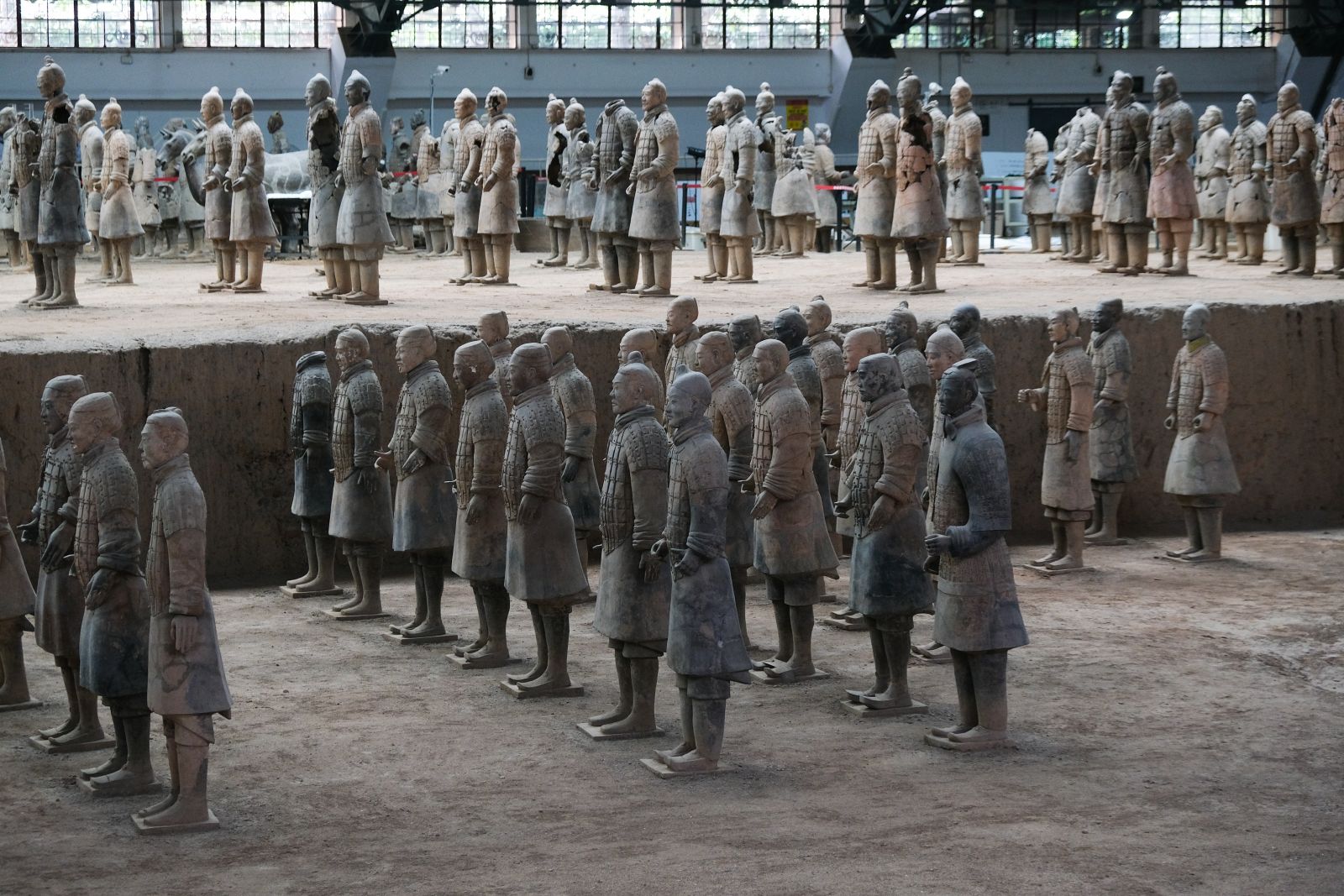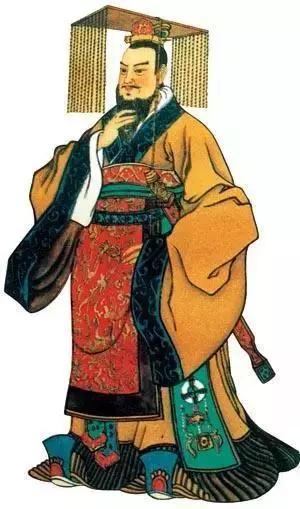
Ying Zheng, an excellent politician, militarist, strategist, reformer, political figure who completed the unification of China. You may know this guy with another familiar title: Qin Shi Huang.
The meaning of “Qin Shi Huang” is, “the first emperor of the Qin Dynasty”. Yet he was not only the founder of the Qin Dynasty, he was also the very first emperor though out the Chinese history.
Ying Zheng was born in 259 B.C., in Handan City, the territory of the Zhao Kingdom. His father, Yi Ren, was one of the 20 offspring of Ying Zhu (An Guo King), who was the second son of Qin’s King, Ying Ji. Ying Zheng's birth mother, Zhao Ji, was the daughter of a wealthy merchant from Zhao. At that time, Qin and Zhao were on a brink of war. To ease the intensity between the two kingdoms, Ying Ji sent one of his grandsons, Yi Ren, as a hostage to Zhao for peace.
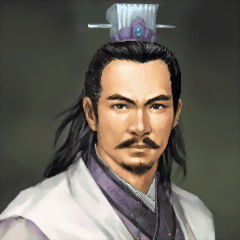
Lv Buwei, a merchant from the State of Wei, heard the tragic circumstances of this poor un-favored prince. Shrewd as he was, he saw huge payback if he helps him. After making acquaintance with Yi ren, Lu paid a great fortune to set up a meeting to introduced Yi Ren to An Guo Prince's favorite wife, Lady Huayang.
Lu proposed her to adopt Yi Ren as her heir. The lady was persuaded, agreed to adopt Yi ren as her son. After this meeting, Yi Ren was renamed "Zi Chu".
Zi Chu fell in love with Lu's concubine Zhao Ji. Not long after they had a baby, they didn't know that one day this baby would become a great emperor that unified China.
In 257 B.C., Ying Ji sent his army to attack the capital of Zhao, which makes Zi Chu’s life in danger. Lu and Zi Chu bribed the city guard of Zhao let them pass the gate. Failing to capture Zi Chu, the king of Zhao decided to go after Zi Chu’s family. Luckily, Zhao Ji brought young Ying Zheng with her and hid under the protection of her family.
In 251 B.C., Ying Ji died, An Guo Prince Ying Zhu succeed to the throne. Lady Huayang became the queen. She managed to persuade Ying Zhu to make Zi chu became his crown prince. At the same time, Zhao sent back Zhao Ji and Ying Zheng to Qin to make peace.
Ying Zhu died on the third day after he was crowned to the throne due to a sudden illness. Zi Chu naturally took his father’s place. He made lady Hua yang Empress Dowager and appointed Lu Buwei as his prime minister.
Three years later, Zi Chu died, the 13 years old Ying Zheng ascended to the throne. Because he was young, he respected Lu Buwei as his uncle, and Lu was the one who actually in charge of all state affairs.
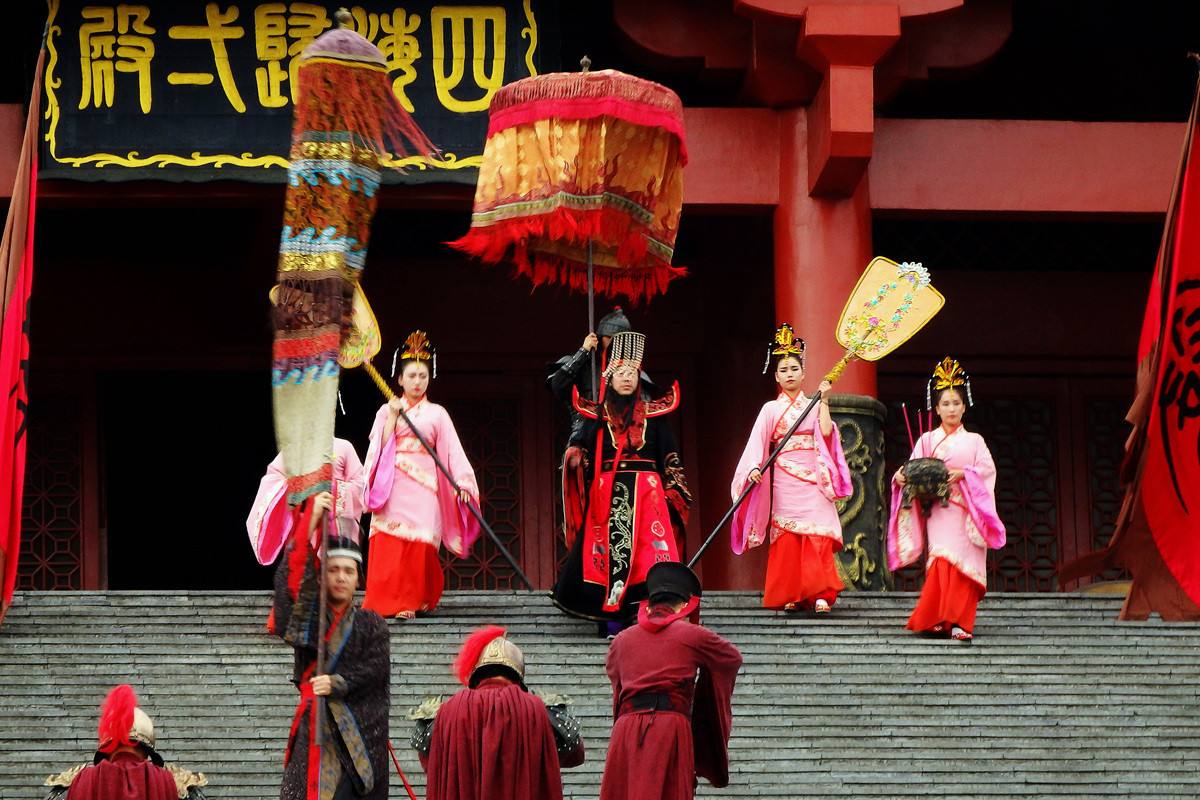
Eight years later, young Ying Zheng was ready to rule the kingdom by himself. But at this time, there was a fierce political struggle in the court of Qin.
At that time, Lu controls power while having an affair with Zhao Ji. He was afraid that one day he might be exposed. He chose one of his followers, Lao Ai, made everyone believed that Lao was a eunuch and offered him to Zhao Ji for pleasure, so he can get out of this dangerous relationship.
Years later, with the help of Zhao Ji, Lao became an influential marquis with power second only to Lu Buwei. He even had two bastards with Zhao Ji. He was so arrogant to call himself “father of the king”. Once he was drunk and rebuked a minister, said: “How dare you talk back to the father of the king?” This minister was provoked by his words and secretly told Ying Zheng the truth. Ying Zheng was furious, Lao panicked, and decided to rebel against the king.
In 238 B.C., Ying Zheng held a ceremony in Qi Nian Palace, Yong City, the fief of Lao. Lao took the imperial seal and started the insurgency. The king saw it coming, he already had 3000 picked soldiers ambushed there. Lao was defeated, Ying Zheng sentenced him to death, cracked him with five horses. Later he house-arrested Zhao Ji in Yin Yang Palace and executed her two bastards.
A year later, Lu Buwei was dismissed, and banished from Qin. He knew there was no way of restoring the relationship between him and Ying Zheng, so he suicides by drinking poisonous wine.
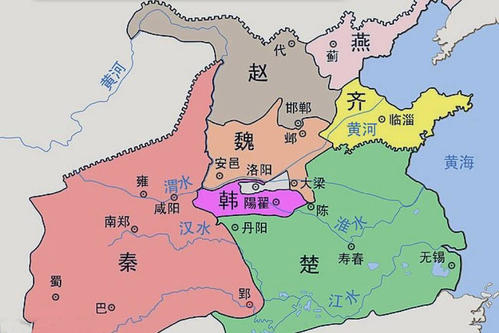
After Qin was stabilized, Ying zheng determined to unify all the kingdoms. With the assistance of Li Si and Wei Liao, they came up with the policy of " destroy all the feudal lords to become the one and only emperor, and realize the great unification". The specific strategy would be: Courting Yan and Qi, calm Wei and Chu, eliminate Han and Zhao. The general idea was to make friends with the distant kingdoms and attack the neighboring kingdoms, eventually take them down one by one.
From the attack on Han in 230 B.C. to the perish of Qi in 221 B.C., Ying Zheng took ten years to end the chaotic situation that lasted over 500 years caused by the feudal lords, and established the first unified centralized feudal dynasty, Qin, in Chinese history.
In addition to unified the six kingdoms and established centralization, Qin Shi Huang made a series of measures to consolidate his rule:
From the political aspect, he abolished the system of enfeoffment and established prefectures and counties.
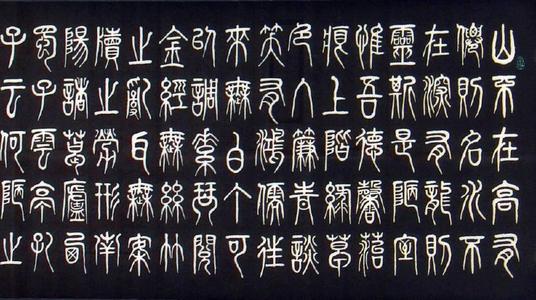
From the military aspect, he marched south to conquer the barbarians, so that the southern area quickly developed from the primitive era to the era of agricultural civilization. In 214 B.C., he sent a fine army went up north to defend against the invasion of the Huns. After the victory, he fortified the Great Wall at the northern border.
From the economic aspect, he unified the characters, currency, and units of measurement, and repair the road to connect the original six kingdoms to capital Xian Yang, dug the canal to link the water systems which benefit the trading.
Although the Qin Dynasty lasted only 15 years, collapsed in its second generation, the ruling mode established by Qin Shi Huang had been continued thousands of years. As the main designer of the centralized feudal monarchy in China for more than 2000 years, his influence is so deep and extensive that it is hard for any other emperor to compare.
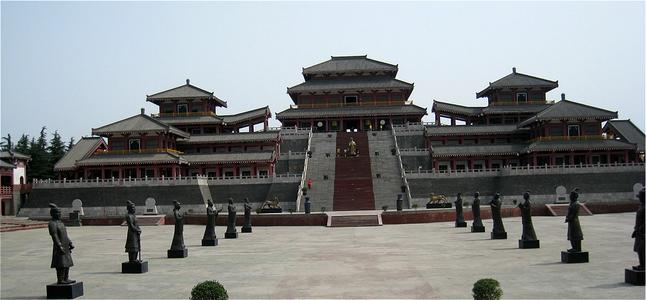
A large number of slaves and civilians were recruited to build the Epang Palace and Lishan Mausoleum, burning books and burying Confucians, imposing heavy taxes, and cruel criminal law. Tyranny is beneficial to the rule of Qin Shi Huang. Yet it also resulting in many contradictions, and the oppression of the people. The first emperor of the Qin Dynasty exploited them to accomplish his political purpose and intensified the contradictions among the classes. Tyranny is not meant to last. Later, Chen Sheng and Wu Guang revolted, under the influence of various reasons, the end of Qin was doomed.
Although he made great contributions to the development of history, there is no denying that he became a tyrant. Perhaps it is because he achieved too much, and the world had just settled down, as well as the social environment was unrest, the resistance of the residual forces of the six countries and the invasion of Huns outside, all of these made him domineering and tyrannical.
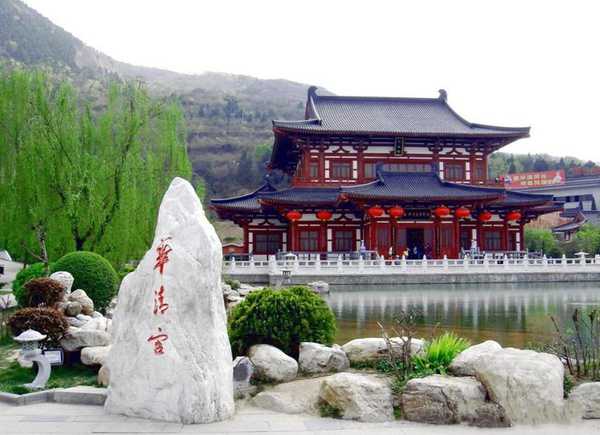
In 210 B.C., Ying Zheng died of illness in Dune Palace while he was touring there.
The world-famous Terracotta Army is his mausoleum. He intended to bring his army to the afterlife, so he can start a new conquest. There are 4 pits with over 8000 various forms of terracotta warriors, including warhorses, chariots numerous weapons like swords, bows, etc.
The terracotta figures of the Qin Dynasty vividly and richly portray a variety of characters with certain characters. The style is rich and refined, full of touching artistic charm, which is a symbol of the maturity of Chinese ancient figurative art. It not only inherited the tradition of Chinese pottery sculpture since the Warring States period, but also laid the foundation for the prosperity of the sculpting art in the Tang Dynasty, which is regarded as "the eighth wonder of the world" and "the treasure of ancient spiritual civilization of mankind".
